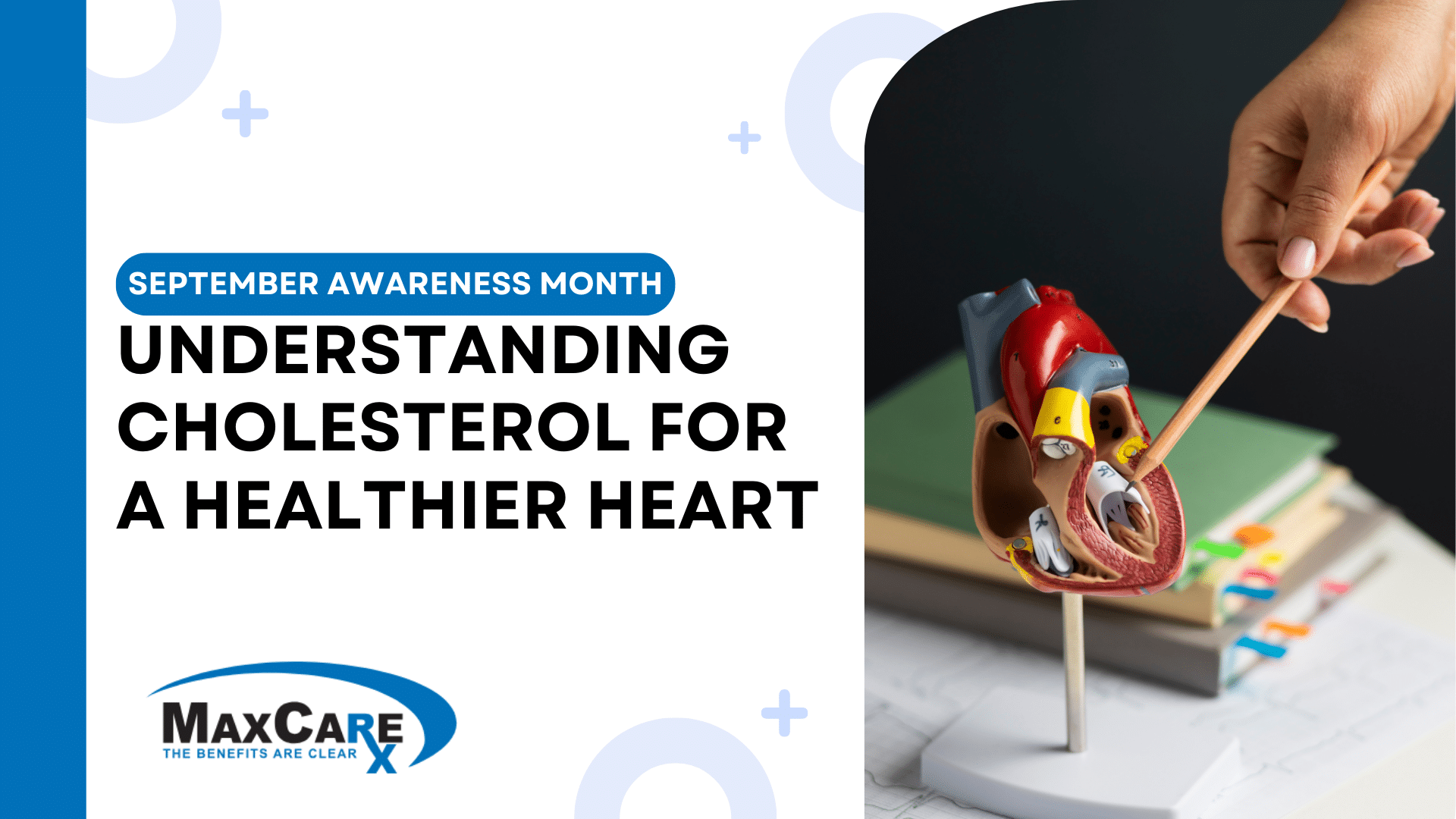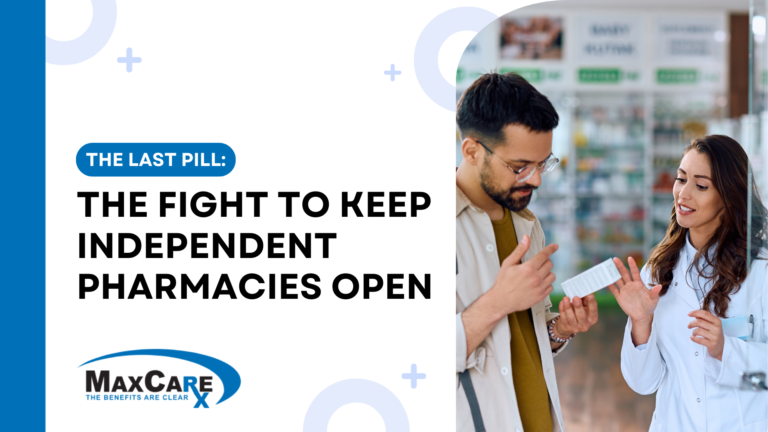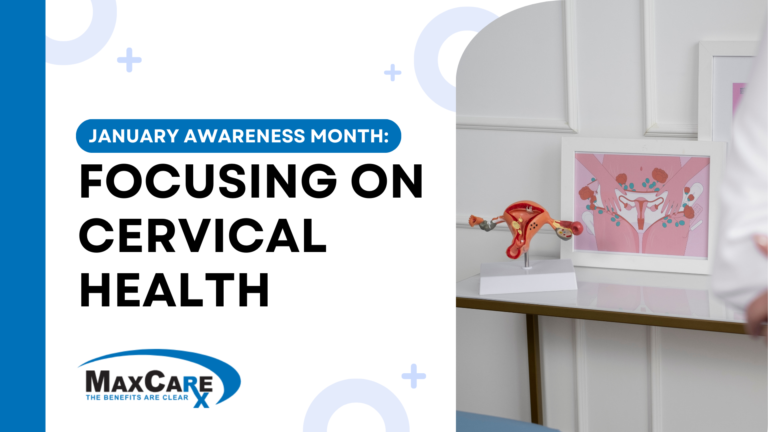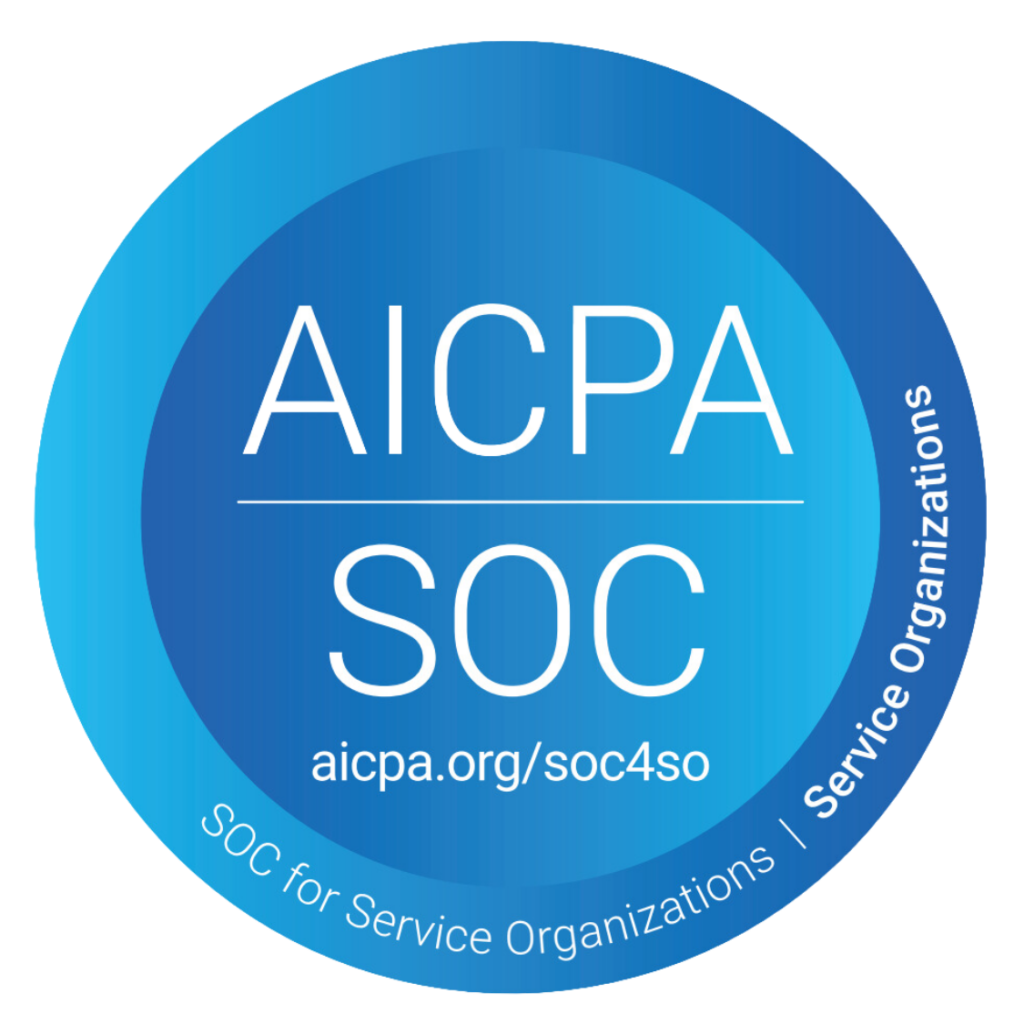As September ushers in the fall season, it also brings an important focus on health with National Cholesterol Education Month. Understanding cholesterol is crucial for maintaining a healthier heart and overall well-being. Let’s explore what cholesterol is, its types, risk factors, and prevention methods.
The Connection Between Cholesterol and Heart Health
Cholesterol is a waxy, fat-like substance found in every cell of your body. It’s not a “dirty word” as it is often perceived; in fact, cholesterol is essential for several critical bodily functions. It aids in the production of hormones, vitamin D, and substances that help digest foods. Your body requires cholesterol to build cells effectively.
Understanding the relationship between cholesterol and heart health is essential for mitigating the risks associated with cardiovascular diseases. Cholesterol plays a crucial role in bodily functions, but when present in excess, it can contribute to serious health issues, particularly those affecting the heart and blood vessels.
How Cholesterol Affects the Heart
Cholesterol circulates in the bloodstream and is carried by lipoproteins. The two primary types are Low-Density Lipoprotein (LDL) and High-Density Lipoprotein (HDL). Each type of cholesterol impacts heart health differently:
- LDL Cholesterol: Often referred to as “bad” cholesterol, LDL can build up on the walls of arteries, forming plaques. These plaques narrow the arteries and make them less flexible—a condition known as atherosclerosis. When arteries are narrowed, the heart has to work harder to pump blood through them. Over time, this can lead to angina (chest pain) or more severe conditions such as heart attacks and strokes.
- HDL Cholesterol: Known as “good” cholesterol, HDL helps remove LDL cholesterol from the arteries by transporting it back to the liver, where it is processed and expelled from the body. Higher levels of HDL cholesterol are generally associated with a lower risk of heart disease.
The Role of Cholesterol in Cardiovascular Disease
Cardiovascular disease often results from the complex interaction between cholesterol levels, inflammation, and other risk factors like high blood pressure and diabetes. Here’s how cholesterol contributes to heart problems:
- Plaque Formation: Excess LDL cholesterol leads to the formation of plaques in the arteries. These plaques can harden over time, making the arteries stiff and less capable of expanding and contracting as needed.
- Reduced Blood Flow: Plaque buildup restricts blood flow to the heart and other parts of the body. When blood flow to the heart is significantly reduced, it can result in angina or even a heart attack if a plaque ruptures and forms a blood clot that blocks an artery.
- Inflammation: The presence of LDL cholesterol in the arterial walls can trigger an inflammatory response from the immune system, which can further exacerbate plaque buildup and arterial damage.
Impact of High Cholesterol on Heart Health
High cholesterol is a significant risk factor for several cardiovascular conditions:
- Coronary Artery Disease (CAD): This condition arises when the coronary arteries become narrowed or blocked due to plaque buildup, leading to reduced blood flow to the heart. CAD is a leading cause of heart attacks.
- Heart Attack: If a plaque in a coronary artery ruptures, it can form a clot that completely obstructs blood flow, causing a heart attack. Immediate medical attention is crucial in such cases to restore blood flow and minimize heart damage.
- Stroke: High cholesterol also increases the risk of strokes, which occur when blood flow to the brain is interrupted either by a blockage or a burst blood vessel.
Risk Factors and Prevalence
High cholesterol can affect people of all ages. About 93 million American adults have high cholesterol, and fewer than one out of three of them have the condition under control.
Factors that contribute to high cholesterol include:
- Genetic predisposition: If high cholesterol runs in the family, you’re more likely to develop it.
- Lifestyle choices: Poor diet, lack of physical activity, and smoking.
- Age and Gender: Cholesterol levels naturally rise as you age. Men typically have higher cholesterol levels than women until women reach menopause.
- Weight: Being overweight can increase your LDL levels.
Tips for Lowering and Maintaining Healthy Cholesterol Levels
Lifestyle changes can make a significant impact on cholesterol levels without the need for medication. Here are some tips:
- Adopt a Heart-Healthy Diet: Limit intake of saturated fats and trans fats, and increase intake of fiber. Foods rich in Omega-3 fatty acids such as salmon, walnuts, and flaxseeds are beneficial. Incorporate plenty of fruits, vegetables, and whole grains.
- Stay Active: Regular physical activity can help raise HDL and lower LDL cholesterol. Aim for at least 30 minutes of moderate exercise most days of the week.
- Maintain a Healthy Weight: Even a small amount of weight loss can help improve cholesterol levels.
- Avoid Tobacco and Alcohol: Smoking cessation can improve HDL cholesterol, and limiting alcohol intake can lower cholesterol levels.
Causes and Prevention of High Cholesterol
Understanding what specifically causes high cholesterol can guide preventive measures:
- Diet: Consuming too much saturated fat, trans fats, and cholesterol can increase blood cholesterol levels. Reducing red meat, full-fat dairy products, and processed foods can help.
- Lack of Exercise: Physical inactivity can increase LDL and lower HDL.
- Excess Weight: Being overweight often results in higher LDL levels and lower HDL levels.
Foods that can help manage cholesterol include oats, beans, nuts, and fatty fish. These not only contribute to lowering LDL but support overall cardiovascular health.
Understanding Cholesterol Levels
Healthy cholesterol ranges are essential to know for maintaining cardiovascular health:
- Total Cholesterol: Less than 200 mg/dL
- LDL Cholesterol: Less than 100 mg/dL
- HDL Cholesterol: 60 mg/dL and above
Unhealthy cholesterol levels can affect anyone, but certain groups are more at risk due to several factors. Those who have already experienced a cardiovascular event may have more restricted ideal cholesterol ranges.
Testing and Monitoring Cholesterol
It’s recommended that adults aged 20 and over should have their cholesterol levels checked every 4 to 6 years if they are at normal risk. People with a higher risk of heart disease may need more frequent testing. Children and adolescents may need to be tested if they have a family history of high cholesterol or heart disease.
Managing Cholesterol: Over-the-Counter and Prescription Options
While lifestyle changes are the cornerstone of managing cholesterol, they may not always be sufficient on their own. For some individuals, especially those at higher risk for cardiovascular disease, additional measures might be necessary. Let’s exxplore both over-the-counter (OTC) options and prescription medications used in cholesterol management.
Over-the-Counter Options
1. Fish Oil Supplements
Fish oil is rich in omega-3 fatty acids, specifically EPA and DHA, which have been shown to lower triglycerides, a type of fat in the blood. Omega-3 supplements may also have modest effects on LDL cholesterol and have been associated with numerous heart health benefits. It’s important to choose high-quality fish oil supplements and follow the dosage instructions. Always consult healthcare professionals before starting any new supplement, especially if you’re taking other medications.
2. Plant Sterols and Stanols
These naturally occurring substances found in plants help block the absorption of cholesterol in the intestine. Foods fortified with plant sterols or stanols, such as certain margarines and orange juices, can help lower LDL cholesterol. Over-the-counter supplements are also available and can be an effective addition to a cholesterol-lowering regime.
3. Soluble Fiber Supplements
Soluble fiber, like that found in psyllium husk supplements, can help lower LDL cholesterol by binding cholesterol in the digestive system and helping to expel it from the body. Increasing fiber intake through diet or supplements can be a beneficial strategy for managing cholesterol levels.
Prescription Medications
For individuals with significantly elevated cholesterol or those who have not achieved their cholesterol targets through lifestyle modifications alone, prescription medications may be necessary.
1. Statins
Statins are the most commonly prescribed medications for lowering cholesterol. They work by inhibiting an enzyme called HMG-CoA reductase, which plays a key role in the body’s production of cholesterol. Statins effectively lower LDL cholesterol and have been proven to reduce the risk of heart attack, stroke, and death in people with high cholesterol.
Benefits of Statins:
- Lower LDL cholesterol by 20-50%
- Reduce inflammation in the blood vessels
- Lower the risk of cardiovascular events
Common Side Effects:
- Muscle pain or weakness
- Elevated liver enzymes
2. Injectable Medications (PCSK9 Inhibitors)
PCSK9 inhibitors are a newer class of cholesterol-lowering medications administered via injection. They work by blocking a protein that interferes with the liver’s ability to remove LDL cholesterol from the blood. PCSK9 inhibitors are particularly beneficial for individuals who have genetic conditions causing very high cholesterol or for those who can’t tolerate statins.
Benefits of PCSK9 Inhibitors:
- Substantially lower LDL cholesterol levels
- Suitable for high-risk patients or those with familial hypercholesterolemia
Common Side Effects:
- Injection site reactions
- Flu-like symptoms
3. Other Prescription Options
Other prescription options include bile acid sequestrants, which bind to bile acids in the intestine and prevent them from being reabsorbed, and cholesterol absorption inhibitors, which reduce the amount of dietary cholesterol absorbed by the intestines. Each medication comes with its own set of benefits and potential side effects, and suitability varies among individuals.
Consulting Healthcare Professionals
Before starting any new treatment regimen, it is crucial to consult healthcare professionals. They can provide personalized advice based on your specific health profile and risk factors. They can also monitor the efficacy and safety of any medications or supplements you take, adjusting the treatment plan as needed.
MaxCare’s Commitment to Holistic Health
At MaxCare, we understand the importance of living a healthy and balanced lifestyle. Since our founding in 1985, we’ve been steadfast in our commitment to providing top-tier pharmacy benefits for companies across the United States. Our mission is to be your reliable partner in managing healthcare costs and ensuring the well-being of your employees.
We advocate for a pass-through PBM model, ensuring transparency and cost savings while focusing on the holistic health of members. Our comprehensive services support initiatives that promote healthy living, preventative care, and chronic disease management, including those related to high cholesterol.



